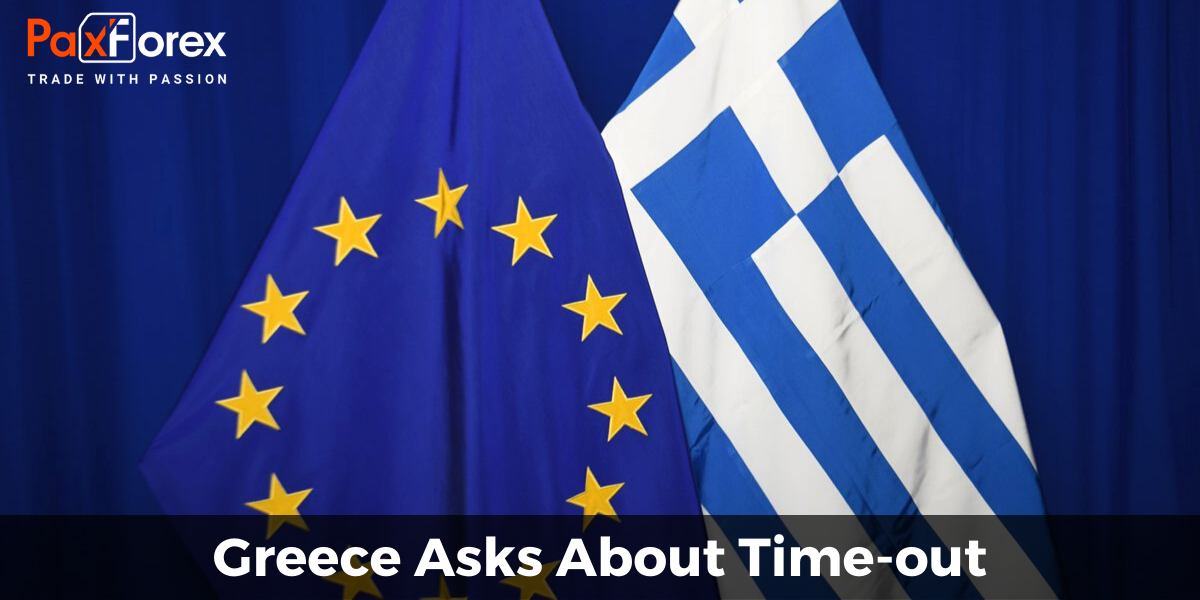
The new coalition government of Greece has proposed the European Union and the International Monetary Fund to consider the transfer deadline of reducing the budget deficit at least for two years, until 2016.
The Government explained this desire to avoid further cuts in wages and pensions. It is noteworthy that before the new Greek cabinet claimed that he was ready to take strict EU requirements.
However, it should be noted that the new Greek government was elected in part because of promises to review some of these crisis conditions. Now there was certainty on what it hopes to make concessions. They are more significant than previously assumed by the experts.
However, we must acknowledge that the radical Left, victory of which feared the EU, in principle, threatened to reject Western demands to "tightening belts".
Under the current conditions for obtaining credit crisis assistance, Greece is obliged to reduce by 150 the number of thousands of civil servants, to revise the minimum wage and to facilitate the possibility of cuts in the private sector, to reduce the Value Added Tax (VAT) in the service sector from 23% to 13% etc.
At present, Greece is under intense international pressure to fulfill the terms of inducing anti-crisis assistance. These unpopular measures caused widespread discontent within the country.
German Finance Minister Wolfgang Schauble has criticized Greece for the request for mitigation of the conditions for granting financial assistance. Schauble also added that Greece has lost the trust of Europe, Reuters reported with reference to the German media. "The main task of the new Prime Minister Antonis Samaras will be immediate implementation of a program of measures agreed with the EU, ECB and IMF, but not a new request for aid to Greece," - said the Minister.
Such sweeping statements once again show that Germany intends to continue to dictate its terms to others. This imperial policy and unwillingness to listen other opinions hardly consistent with the principle of equality of all EU member states.
You might also like:
Spanish crisis: EU will provide financial aid
Eurobonds: Why Germany is against them
The informal EU summit will determine the mood of investors







